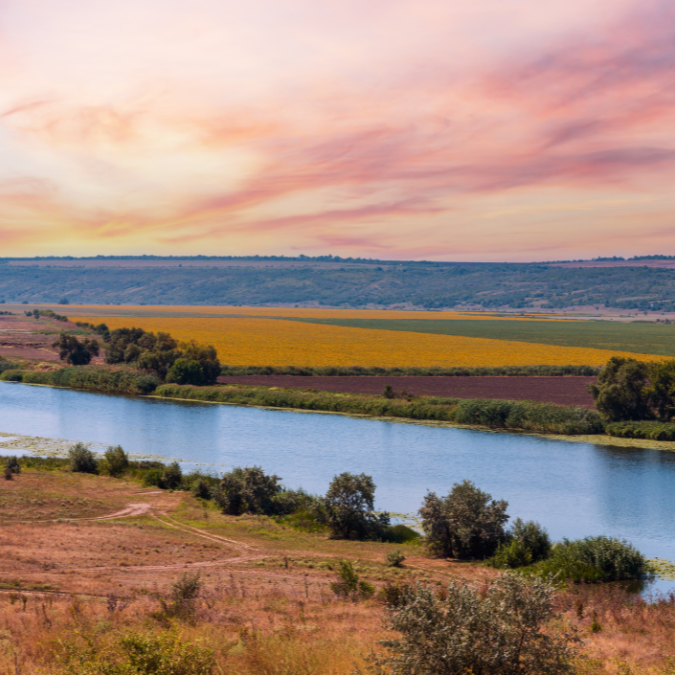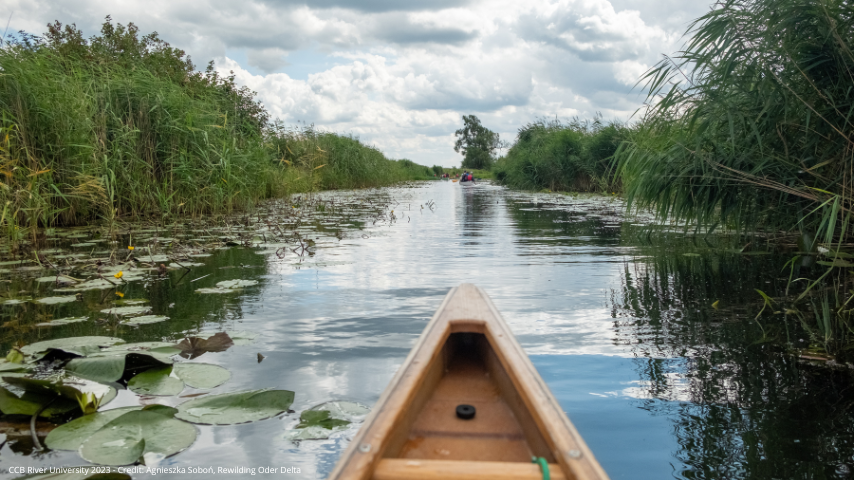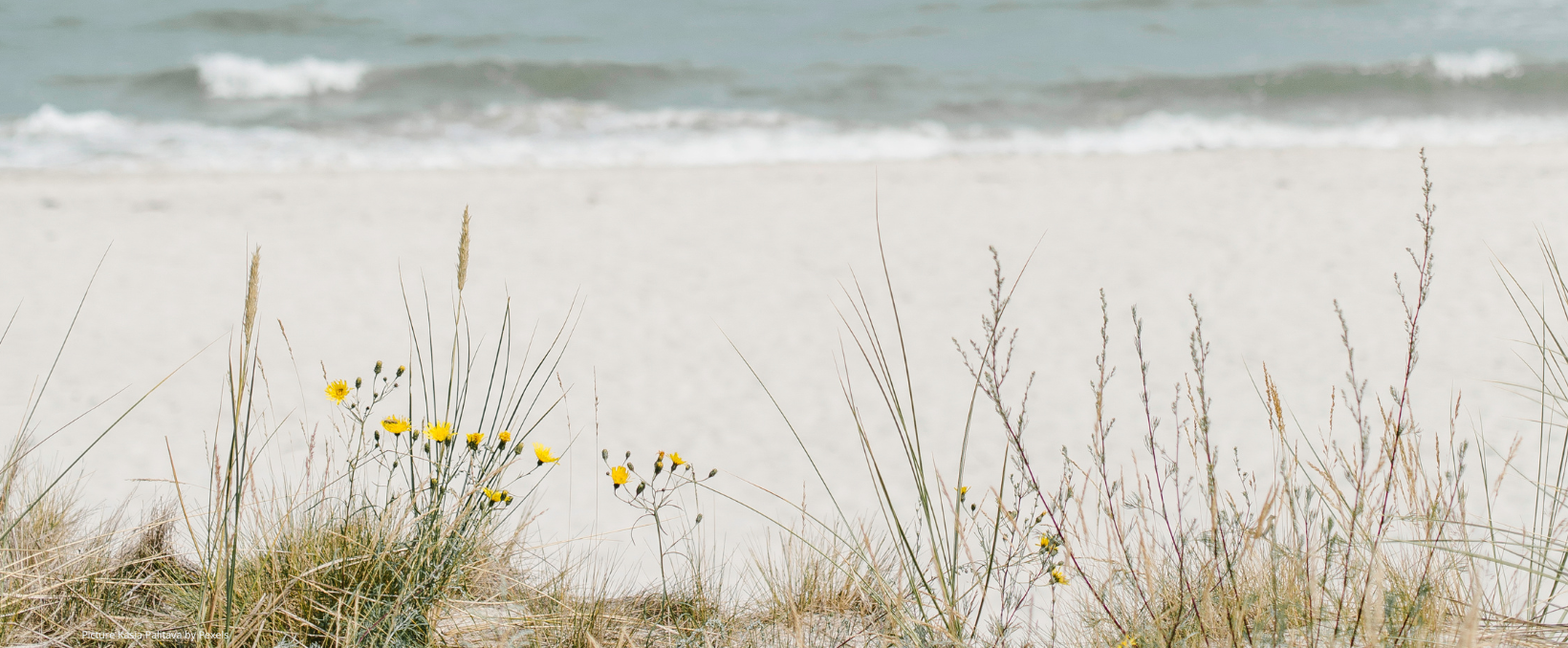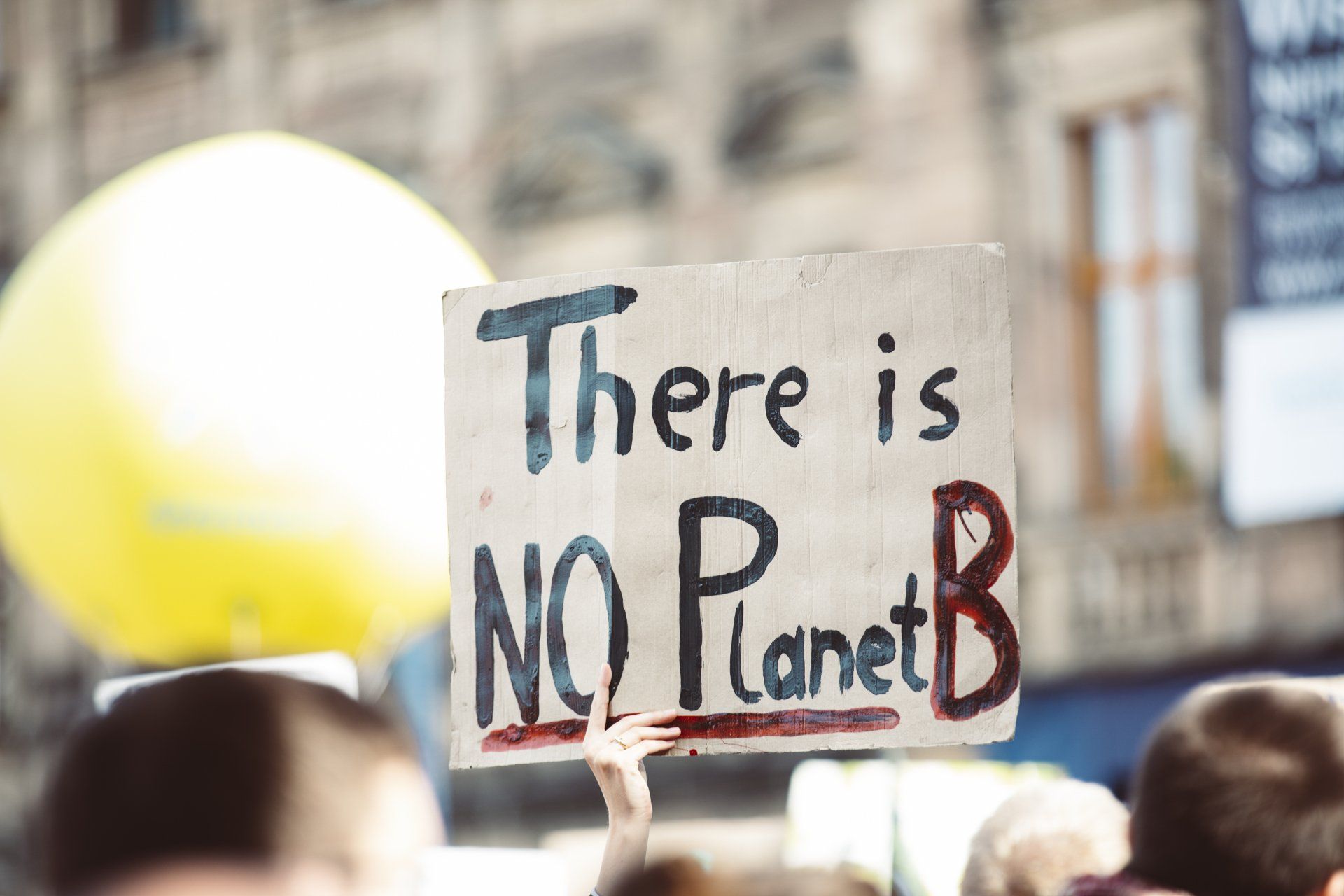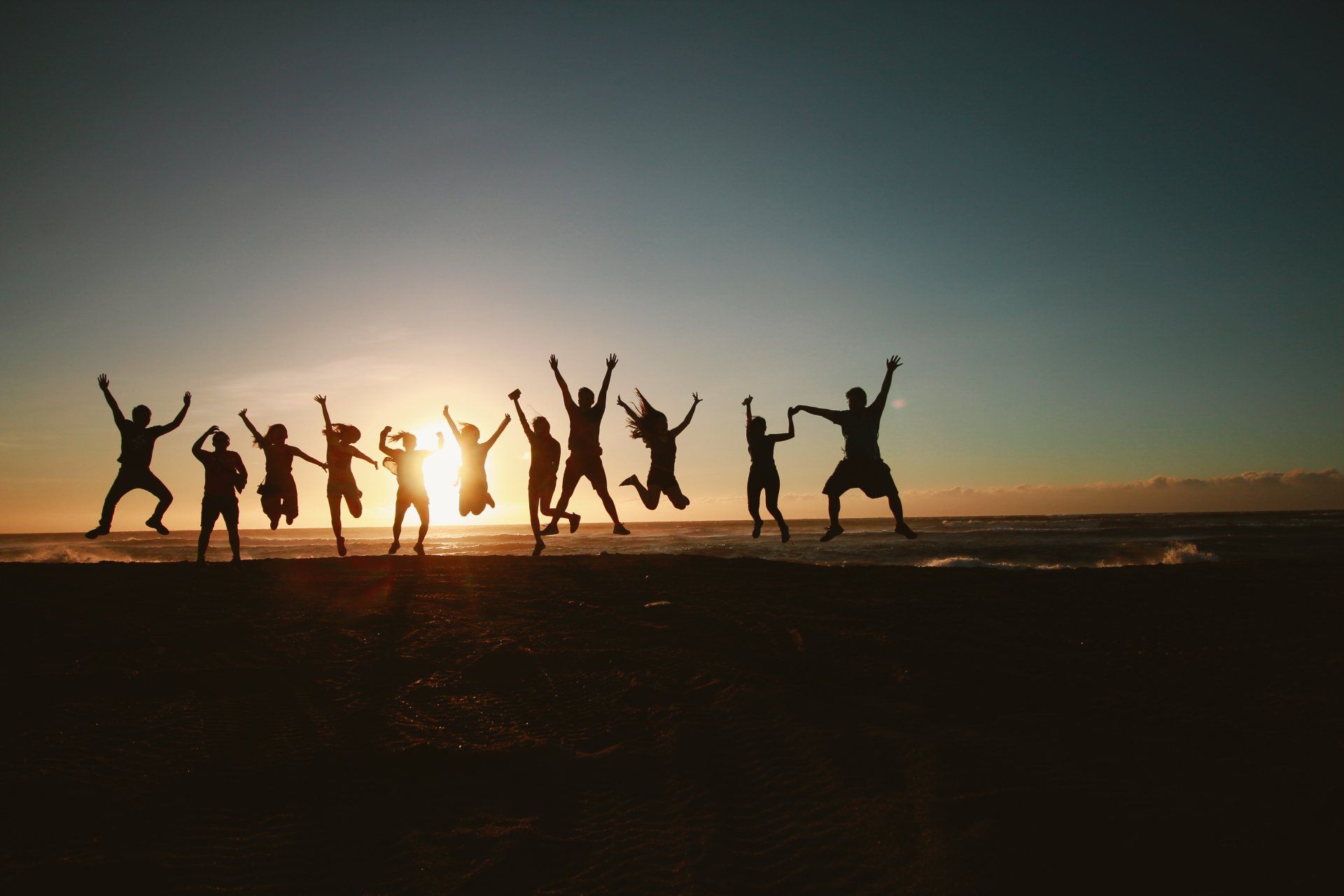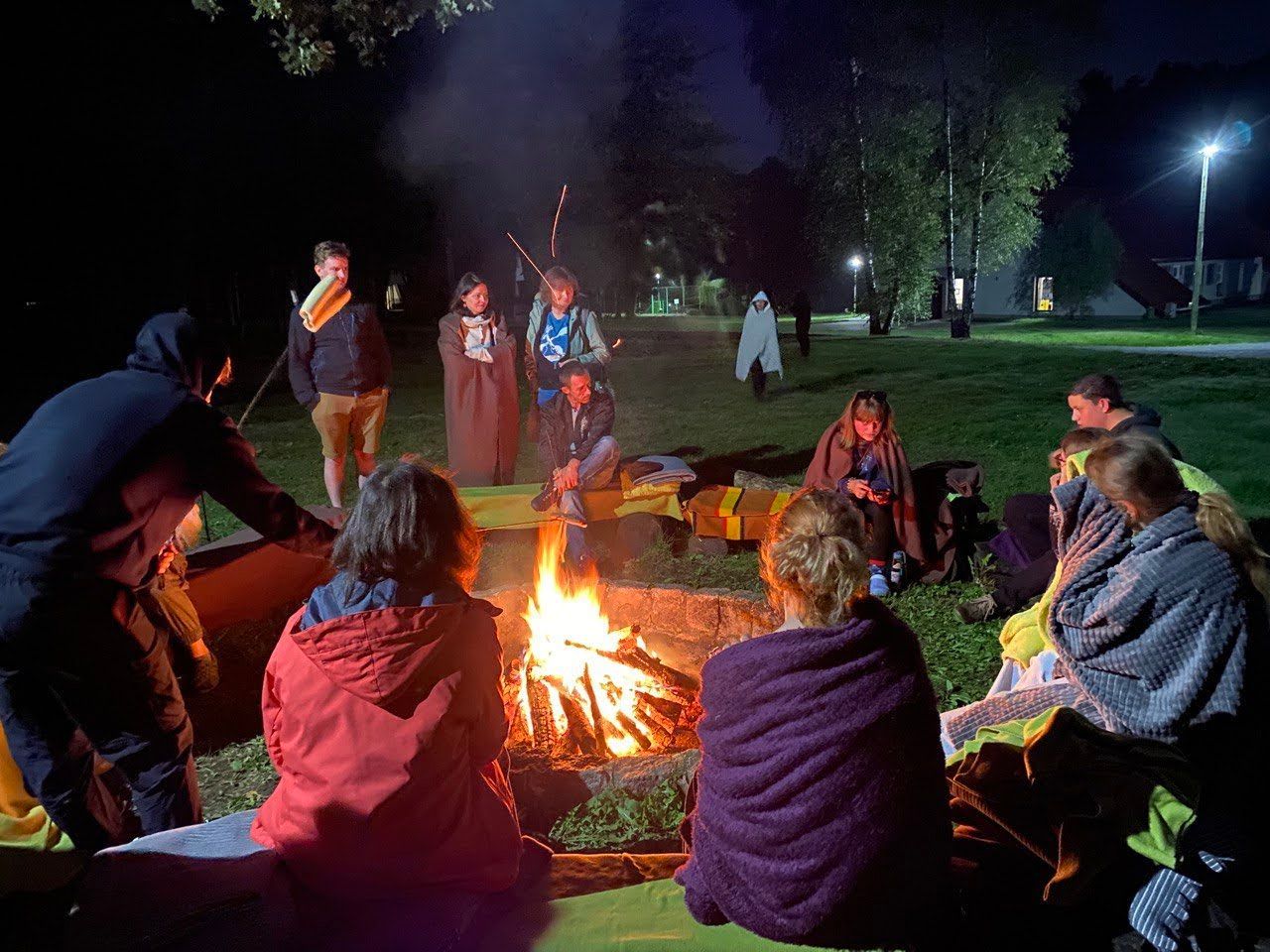Organisational Development and Capacity Building
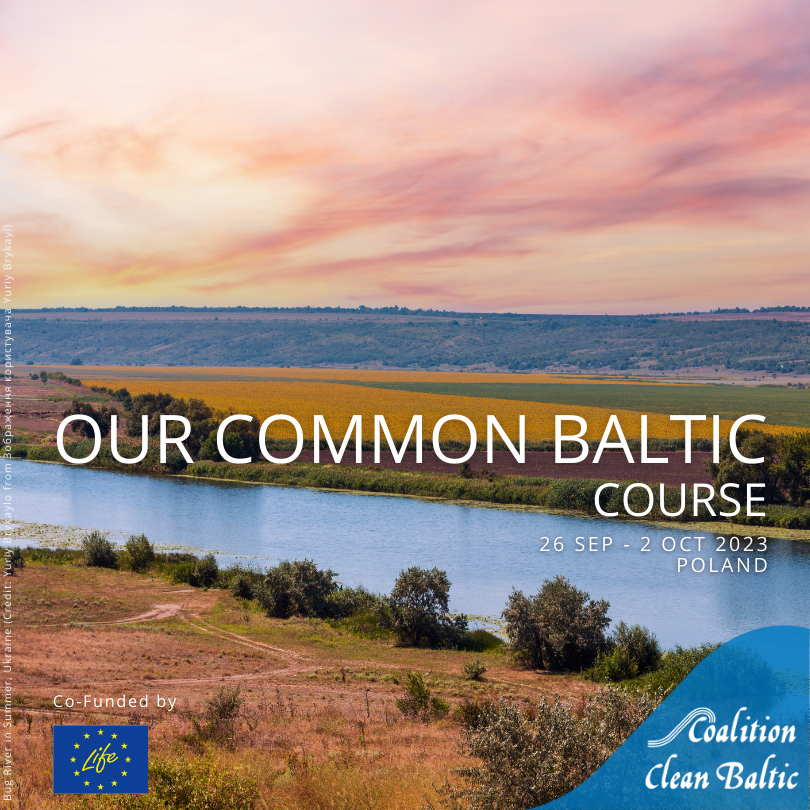
The 2023 edition of Our Common Baltic continued to focus on environmental issues, Ecosystem Based Management, gender issues, Theory of Change, Results Based Management, and monitoring and evaluation.
CCB aimed to engage new, as well as young activists in CCB activities, developing new ideas and projects which can be implemented in the BSR, and tightening connections of partners in MOs.
The 2023 event comprised of:
- A preceding pilot online English course with the purpose to develop English vocabulary on environmental topics.
- A week long offline camp at Leśna Polana recreational center in Poland.
The focus was on the environmental situation in Ukraine, the consequences of the war, and the Baltic Sea Region’s eco-challenges.
In total, 18 young activists (9 of which were Ukrainian) and 10 experts took part in the course.
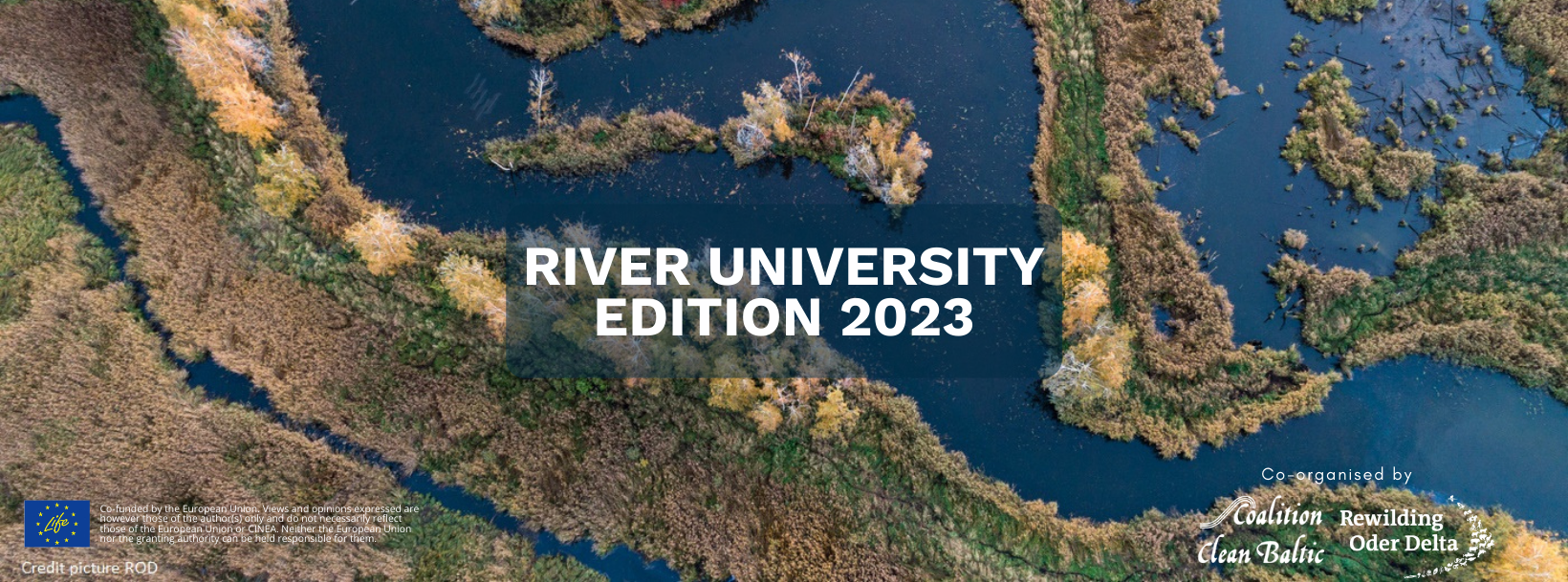
The 2023 edition of River University continued to focus on river basin management, the Source-To-Sea approach, and EU policies’ integration, in the form of an international interdisciplinary outdoor course, taking the EU Open Life Science program into account.
It aimed to result in increased competence, knowledge, and awareness among river stakeholders, as well as tightening connections of partners in MOs.
The 2023 event comprised of:
- A 5-day offline camp in the Oder Lagoon area in Germany.
- Indoor lectures with outdoor practice on/in the river.
- A virtual excursion “360° bicycle tour”.
The focus was on the environmental disaster of the Odra River in Poland.
In total, 30 participants from 11 countries took part in the course.
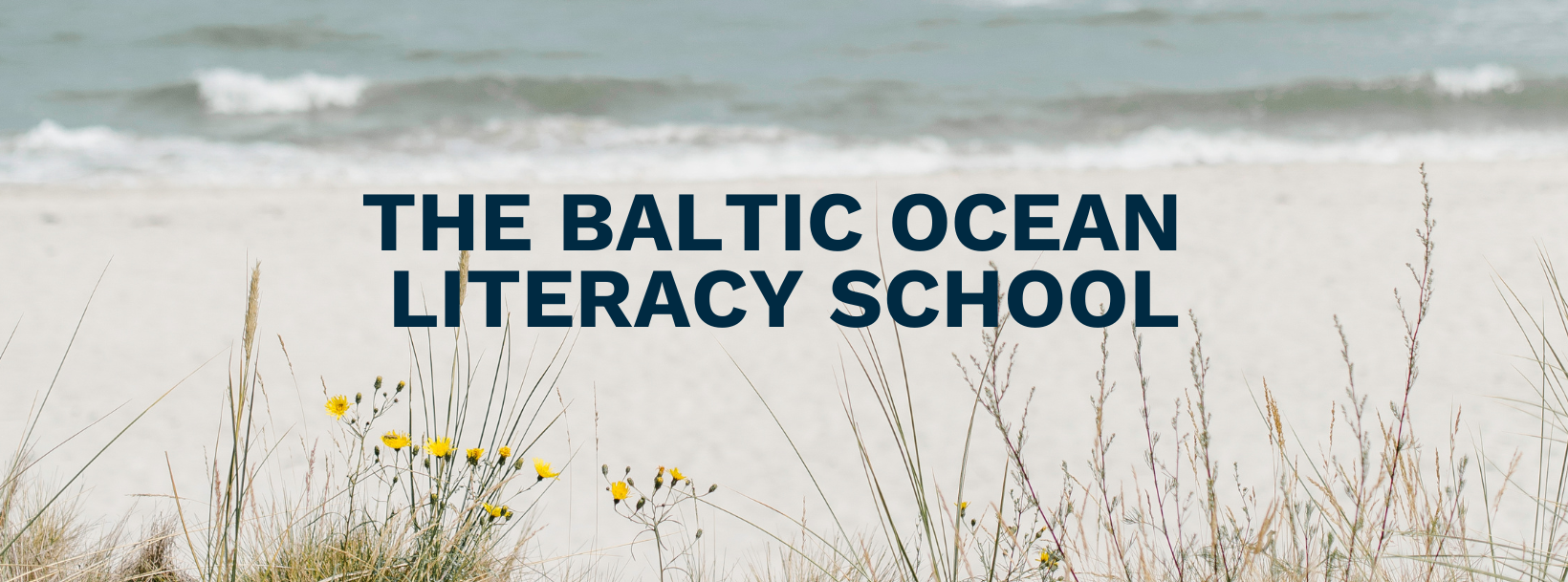
Description title
BOLS 2023 was carried out in April-May 2023. It was an educational course and platform for dialogue and exchange of good practices for ecological organizations of the Baltic Sea
region, environmental specialists, students, and eco-activists.
The course consisted of lectures, discussions,
practical workshops by experts, the public, and researchers and covered the following themes: information about HELCOM & BSAP 2021, gender issues & ocean governance, the state of the Baltic Sea; biodiversity threats; offshore Installations (Windfarms, Pipelines,
Oil Rigs), conservation of the Baltic Harbour Porpoise; Source-to-Sea: how do rivers Influence the sea; impacts of climate change on the coastline: the case of the Curonian Spit; Coastwatch Training and Brands audit; public engagement session - how to attract people to environmental movements.
Video lectures of the course are available on the ССB YouTube channel (total 1107 views).
There were 30 active participants in total.

By 2023, GRASS has become established and maintained as an open platform for dialogue of environmental and agricultural stakeholders.
You can read more under the Working Area Eutrophication.
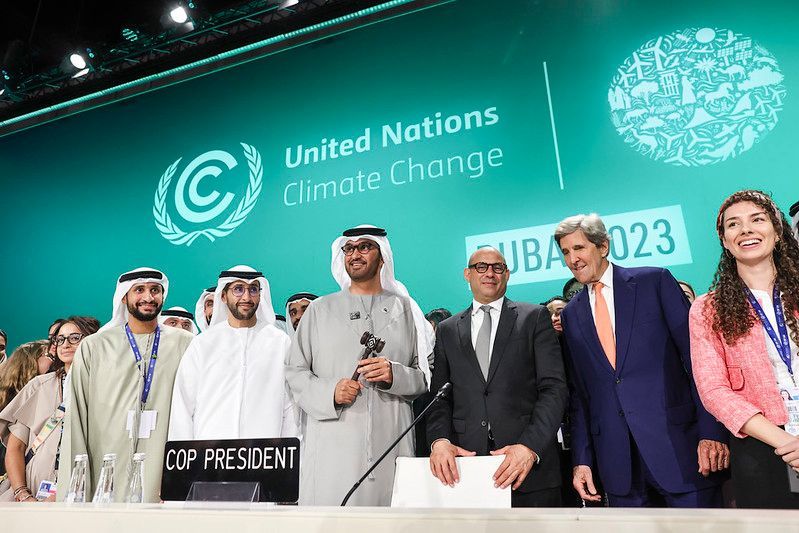
CCB would like to draw the attention of stakeholders, especially NGOs and local groups, to the importance of understanding and promoting the interests of the communities most impacted by climate change in the Baltic Sea Region.
The campaign continued to address demand for more information to the general public on the impacts of climate change on vulnerable groups in the BSR, such as fishermen, coastal, and urban communities.
The results of COP28 were therefore openly communicated, and the following activities took place:
- CCB reviewed examples of impacts and adaptation practices in BSR, which was published in the report “Climate Change in the Baltic Sea Region”. It outlines trends and risks of climate change in the BSR and proposes solutions for the most impacted countries and communities. It was launched along with a short raisig awareness campaign on CCB´s social media channels.
- CCB was represented at the UN Climate Change Conference (COP 28) in Dubai, which led to the publication of the article “The water agenda at the UN Climate Change Conference (COP28)” on CCB’s website.
Improve organizational structure
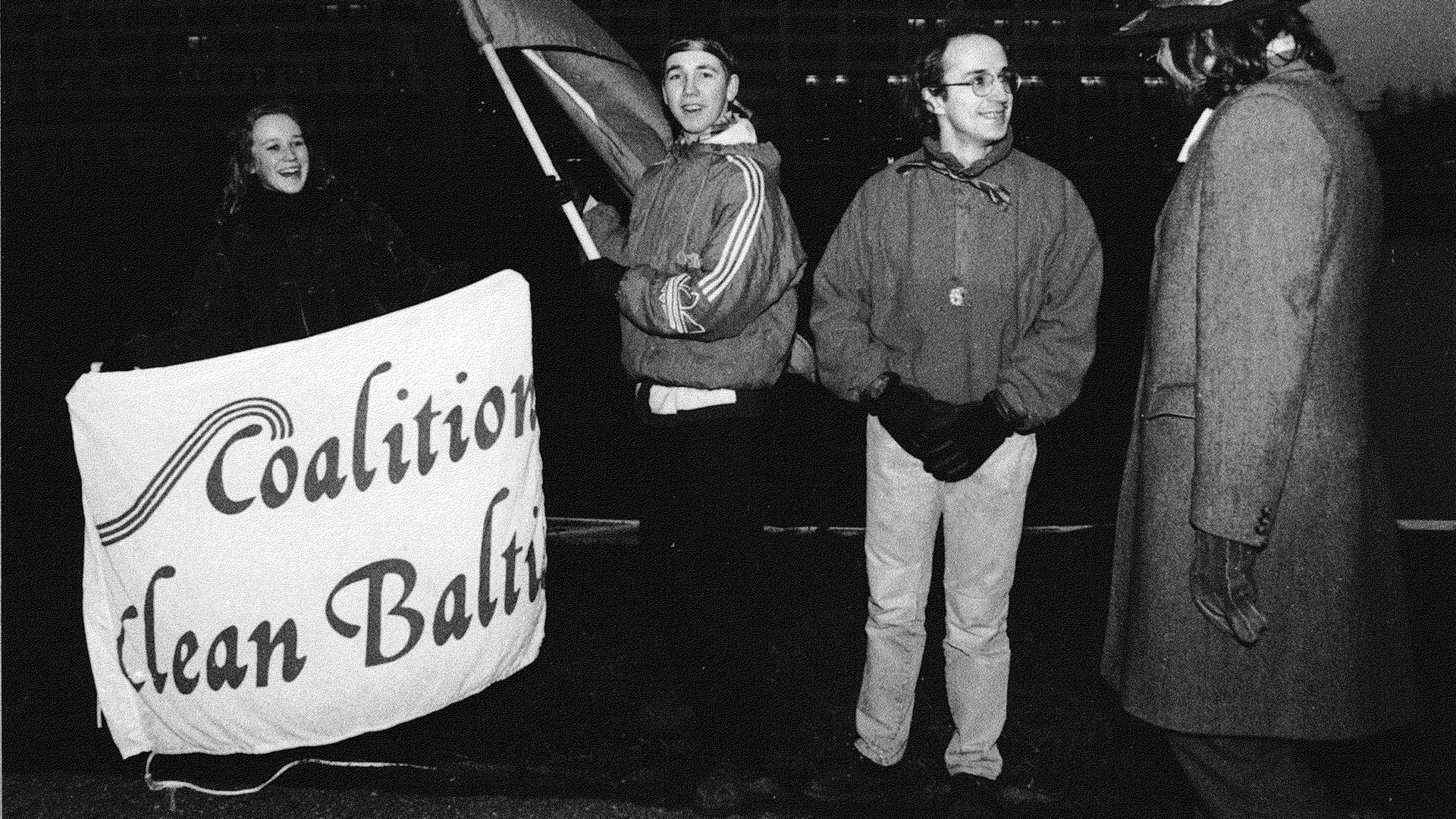
In 2023, CCB’s General Meeting approved changes to CCB’s Constitution. This led to the introduction of:
- 2 Co-Chairs
- 2 General Meetings per year (1 online and 1 offline)
- Replacing the CCB Board with the Council, comprised of 3 representatives of MOs with its main task to manage main priorities of CCB.
Further organizational development highlights include:
- Code of Conduct, and the CCB Financial Manual were adopted
- Monitoring & Evaluation capacity building developed
- Gender Equality Policy drafted, and Gender Equality checklists were introduced.
- Relevant capacity building seminars and thematic trainings organized for CCB’s network.
All the above mentioned documents are available here.
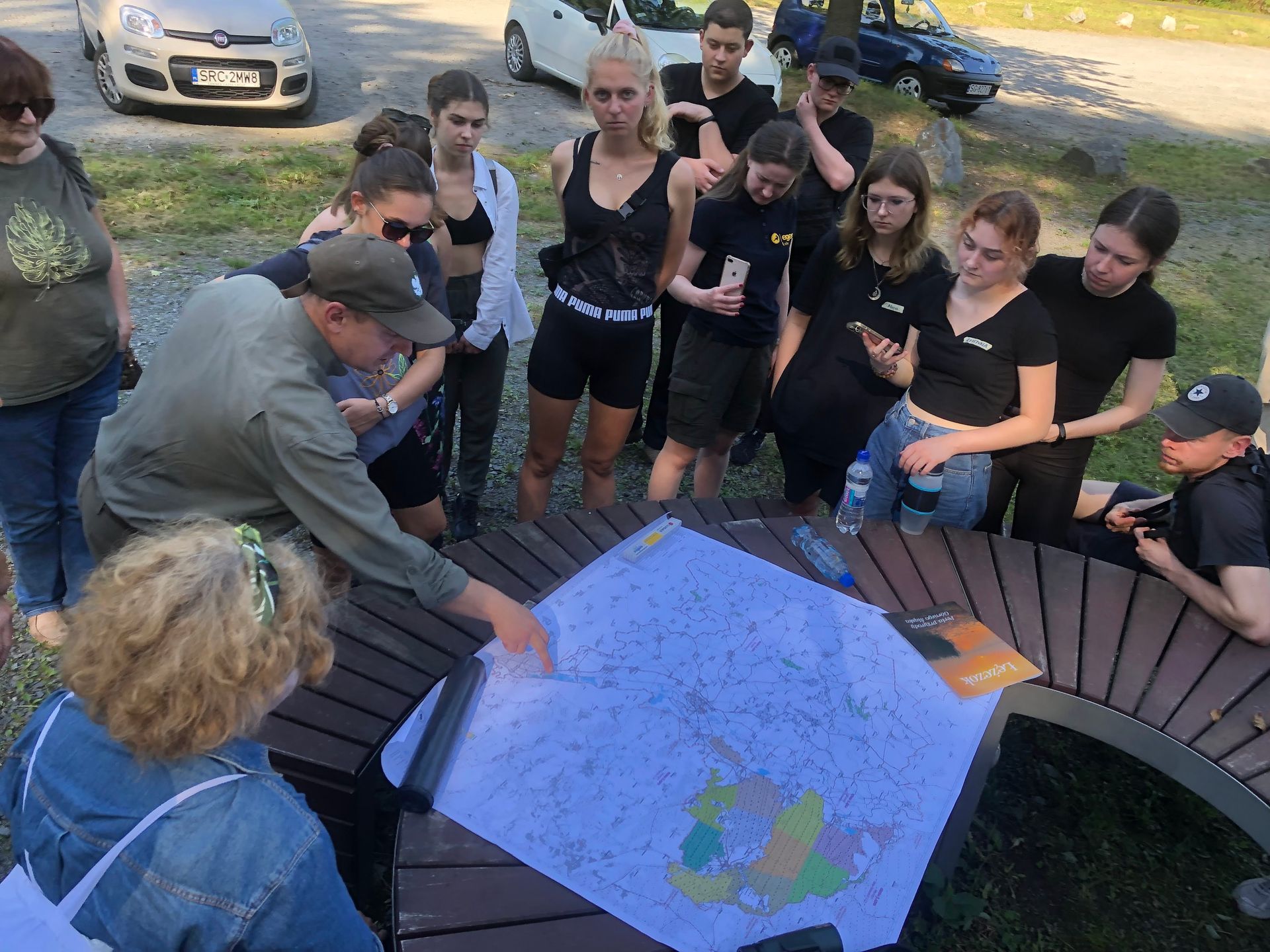
An outcome of CCB’s revitalization process was the identification of a need for engaging more young people in CCB activities.
This was addressed through establishing a youth team, for whom project proposals for dedicated activities could be created. Actions in 2023 led to the following:
- 35 youth team events were arranged.
- 14 trainings were attended by the youth team.
- 22 young participants joined OCB and River University.
- 8 new projects were developed by the youth team.
The youth team met on a regular, bi-weekly basis. These meetings also involved experts in education and CCB WAs.
The youth team cooperated in shaping the concept of River University, Our Common Baltic, and Baltic Ocean Literacy School target audience, theme, and locations.
